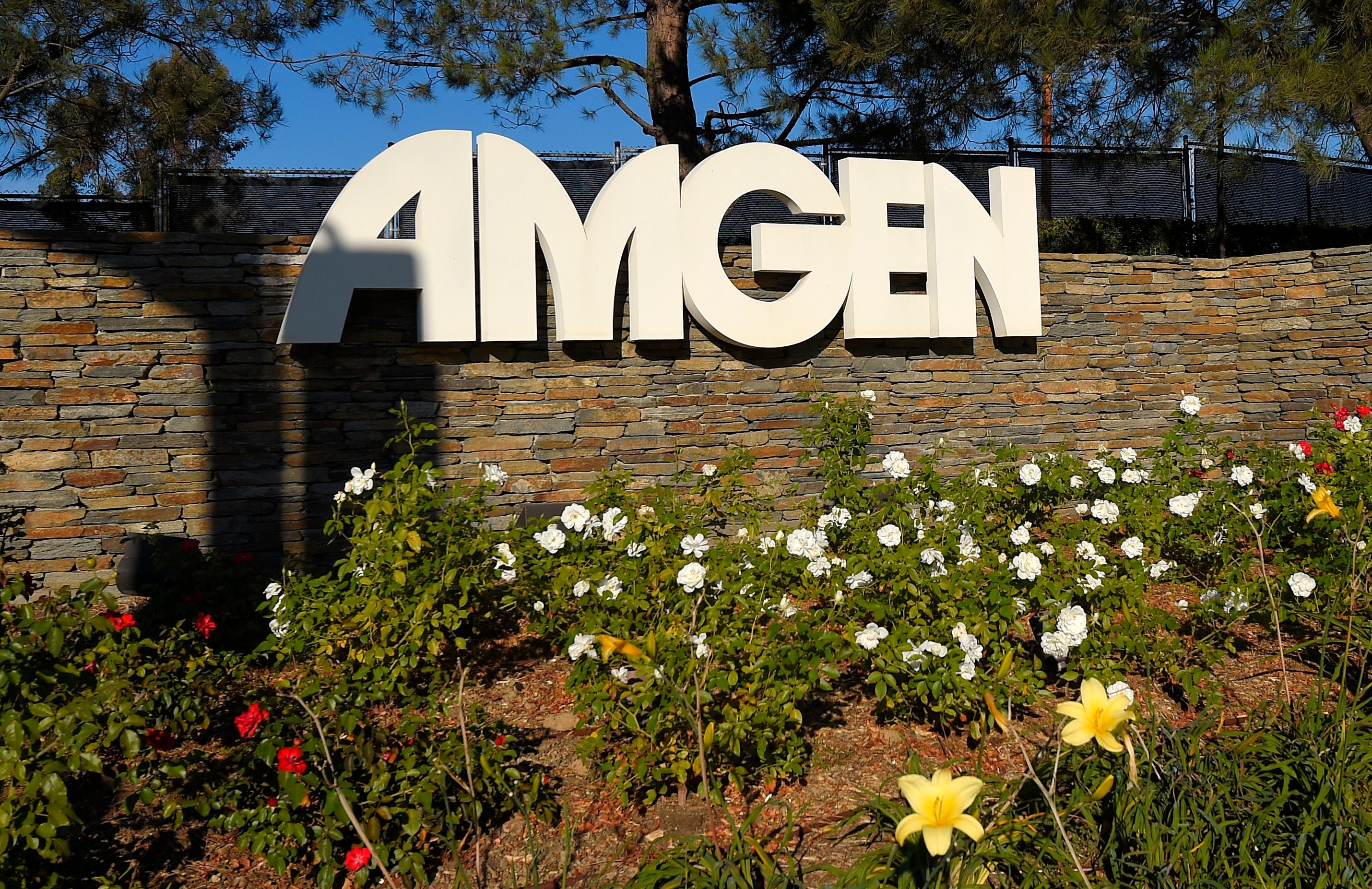Monopoly concerns push FTC to sue to block Amgen's more than $26B deal for Horizon
Federal regulators are suing to block biotech drug developer Amgen’s more than $26 billion deal for Horizon Therapeutics

Your support helps us to tell the story
From reproductive rights to climate change to Big Tech, The Independent is on the ground when the story is developing. Whether it's investigating the financials of Elon Musk's pro-Trump PAC or producing our latest documentary, 'The A Word', which shines a light on the American women fighting for reproductive rights, we know how important it is to parse out the facts from the messaging.
At such a critical moment in US history, we need reporters on the ground. Your donation allows us to keep sending journalists to speak to both sides of the story.
The Independent is trusted by Americans across the entire political spectrum. And unlike many other quality news outlets, we choose not to lock Americans out of our reporting and analysis with paywalls. We believe quality journalism should be available to everyone, paid for by those who can afford it.
Your support makes all the difference.The U.S. is attempting to block a proposed $26 billion acquisition of Horizon Therapeutics by biotech drug developer Amgen on antitrust grounds.
The Federal Trade Commission said Tuesday that the deal, announced in December, would give Amgen unfair leverage to block competition for Horizon medications. The FTC said the deal would entrench Horizon’s monopoly position on treatments for thyroid eye disease and chronic refractory gout.
Amgen did not immediately respond to a request by The Associated Press for comment.
The California company said in December that the acquisition would allow it to expand into rare disease treatments.
Horizon Therapeutics PLC, based in Dublin, Ireland, develops potential treatments for autoimmune and severe inflammatory diseases. Its best-seller, Tepezza, is only approved in the United States and treats eye bulging and double vision from thyroid eye disease.
The FTC said Tuesday that the deal would allow Amgen to use rebates on its existing drugs to pressure bill payers like pharmacy benefit managers into favoring Tepezz and Krystexxa, a treatment for chronic refractory gout.